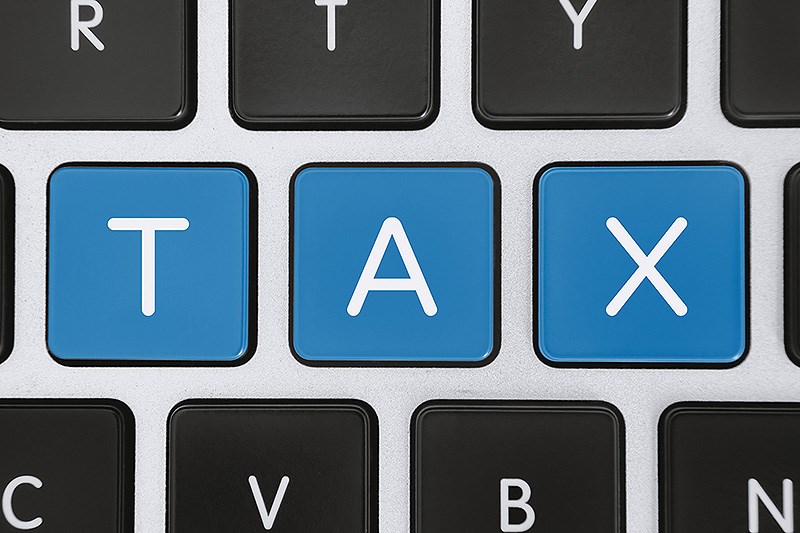The federal government released its federal budget on April 17, proclaiming it as a document that would have fairness for future generations.
But when you look at the bottom line, you'll see the unfairness for future generations, the very ones the feds say they want to help.
Sure, there are several measures for renters and first-time homeowners in an effort to make it easier for millennials and generation Z members to purchase a place of their own. The cost of buying a home for younger generations has certainly become an issue in recent years, one that needs to be addressed.
But the budget still has a forecasted deficit of $40 billion. If it were a small deficit, then many people would understand if the extra spending was due to such factors as health care, highways, infrastructure and other federal programs.
But $40 billion is not a small deficit. Not in a country of 40 million people. It's a significant amount of money, wracked up by a government that has shown a penchant for fiscal mismanagement.
And the debt continues to balloon. It's now more than $1.2 trillion; according to the Canadian Taxpayers' Federation, the debt climbs $878 per second, which amounts to more than $52,000 per minute. Who's going to be on the hook for decreasing the debt? We all are, but it's going to be particularly tough for generation Z and millennials.
It's important for the government to come up with measures for young people looking to purchase a home. It's becoming more and more out of reach, especially in larger centres where the benchmark price for a home now exceeds $1 million. Home ownership is something that people should aspire to. It should be part of the proverbial Canadian dream. But right now, for a lot of people under the age of 35 in big cities, it's a pipe dream, unless they're wealthy. They're going to be stuck in the rental cycle, spending money without having anything tangible to show for it in the end.
If the feds are going to spend all of this money to make it easier for younger people to purchase a home, then the feds need to make spending sacrifices elsewhere, rather than just reducing our country's competitiveness on a global stage through tax increases.
The cost to service our national debt now exceeds the health-care transfers to provinces.
(From a fiscal perspective, this definitely isn't the Liberals of the Jean Chretien and Paul Martin years).
There's more to this budget beyond spending for housing programs. There's a Canadian disability benefit, which is a step forward but still not nearly enough; a national school food program, and a fund for youth mental health.
There's also going to be a hike in the capital gains taxes for many Canadians, which will generate an additional $19 billion.
Prior to becoming prime minister in 2015, Justin Trudeau famously quipped that "the budget will balance itself". We'll concede that his government had to contend with the COVID-19 pandemic, which further plunged the country into a deficit position and caused the debt to soar, just like the federal Conservative government had to contend with the repercussions of the Great Recession in 2008-09 that had a detrimental impact on the country's fiscal books.
The difference is the Tories worked diligently to return the country to a balanced budget, and accomplished this mission before their 2015 election loss.
We haven't seen the same effort from the Liberals, who continue to spend recklessly. Yes, they're raising taxes for some, but it's still a $40 billion deficit and the national debt is growing.
Trudeau and his government continue to bungle the finances of this country. It's going to take a long time to dig our way out of this mess.
And it's ultimately going to be younger generations who will pay for the fiscal mismanagement.



